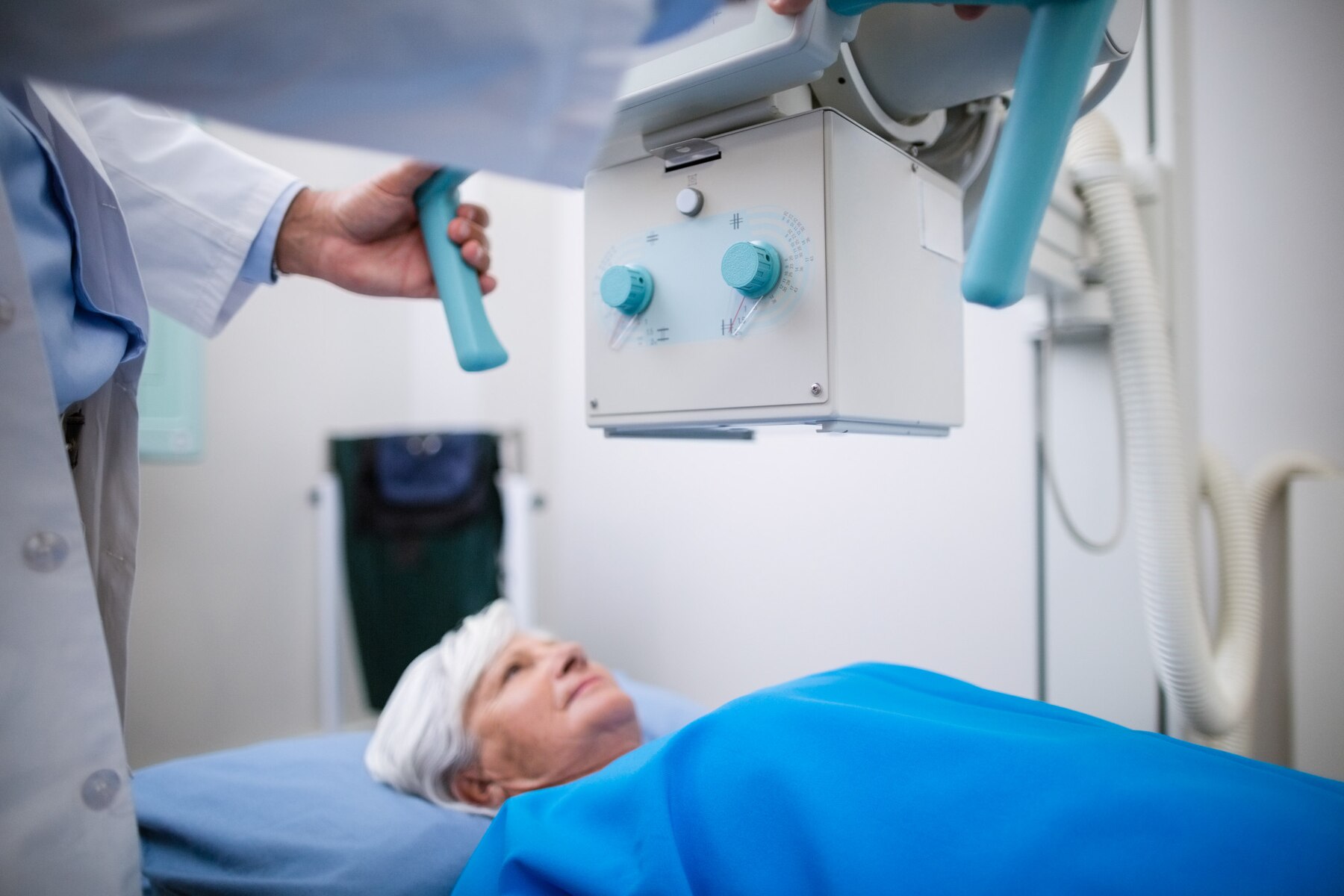Traditional Treatments
In the realm of cancer care, traditional treatments like chemotherapy, surgery, and radiation therapy offer hope and healing by targeting cancer cells through a variety of approaches
Chemotherapy
Chemotherapy, a potent cancer treatment, targets rapidly dividing cells, like cancer cells, by disrupting their ability to divide or damaging their DNA, leading to their destruction. However, this mechanism also affects normal, healthy cells in the body that divide rapidly, such as those in the bone marrow, digestive tract, and hair follicles. Consequently, patients often experience side effects including fatigue, nausea, hair loss, and increased susceptibility to infections. Fatigue can leave individuals feeling unusually tired, while nausea may cause queasiness or vomiting. Hair loss, affecting the scalp and other body areas, is also common. Furthermore, chemotherapy weakens the immune system, making patients more vulnerable to infections. Despite these side effects, healthcare providers can offer support and strategies to manage them, ensuring patients navigate their treatment journey as comfortably as possible.


Surgery
Cancer surgery is a key treatment approach aimed at removing tumors and surrounding tissue from the body. Surgeons use various techniques depending on factors like cancer type, location, and stage. These techniques include traditional open surgery, which involves making a large incision, as well as minimally invasive procedures like laparoscopy or robotic-assisted surgery, which use small incisions and specialized tools for precision. Additionally, specialized approaches such as Mohs surgery for skin cancer or stereotactic radiosurgery for brain tumors may be utilized. While surgery is often effective in removing cancerous growths, it may also come with potential side effects such as pain, bleeding, infection, and scarring. Moreover, there's a possibility of damaging nearby organs or tissues during the procedure. Post-surgery, patients may require rehabilitation and additional treatments like chemotherapy or radiation therapy to ensure comprehensive cancer management and recovery.
Radiation Therapy
Radiation therapy is a common cancer treatment using high-energy radiation to destroy cancer cells by damaging their DNA. While effective, it can also affect nearby healthy tissues, leading to side effects. These may include fatigue, skin changes like redness or irritation, nausea, and loss of appetite. Hair loss, changes in taste, and long-term effects like tissue scarring are also possible. Side effects vary in severity and can be managed with medication, diet adjustments, and skincare. Despite potential side effects, radiation therapy remains a crucial treatment option for many cancer patients, offering significant benefits in tumor control and quality of life improvement.
